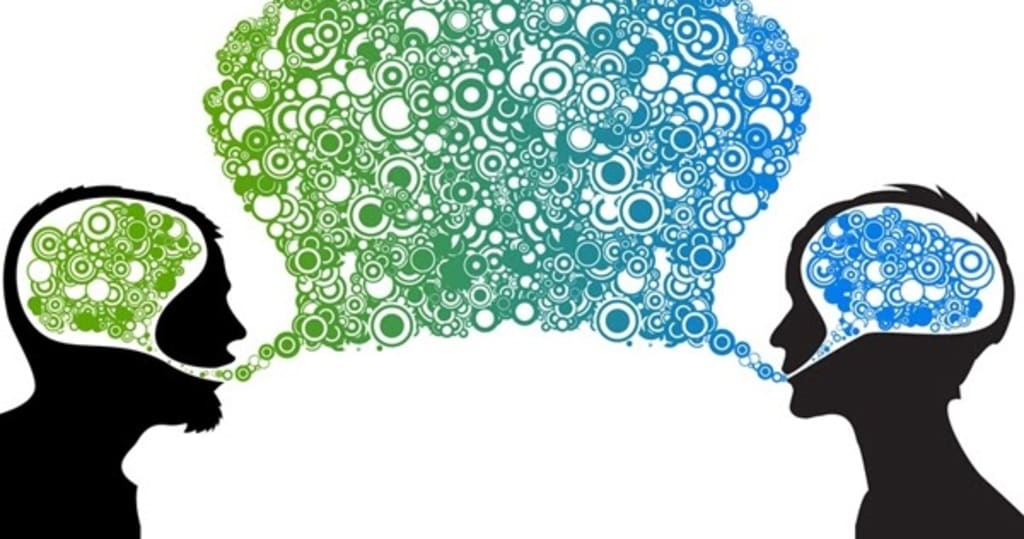ARTICLE AD BOX
How to Manage Relationship and Communication Effectively
Maintaining a healthy relationship requires strong communication skills, mutual respect, and emotional intelligence. Whether in romantic relationships, friendships, or professional settings, effective communication plays a vital role in building trust and resolving conflicts. Here’s how to manage relationships and communication successfully.
1. Prioritize Active Listening
Listening is more than just hearing words—it’s about understanding and responding thoughtfully.
- Give full attention (avoid distractions like phones).
- Show empathy (nod, maintain eye contact, and validate feelings).
- Reflect and summarize what the other person said to show understanding.
2. Be Open and Honest
Transparency strengthens trust in relationships.
- Express your thoughts clearly and respectfully.
- Use "I" statements to communicate feelings without blaming (e.g., “I feel hurt when…”).
- Set healthy boundaries and respect each other’s perspectives.
3. Manage Conflicts Constructively
Disagreements are inevitable, but handling them well strengthens relationships.
- Stay calm and avoid reacting emotionally.
- Focus on solving the problem, not attacking the person.
- Seek a compromise that benefits both parties.
4. Strengthen Non-Verbal Communication
Body language and tone often speak louder than words.
- Maintain an open posture and friendly facial expressions.
- Be aware of your tone—a calm voice fosters better communication.
- Respect personal space and gestures to avoid misinterpretations.
5. Adapt to Different Communication Styles
People express themselves differently—some are direct, while others are more reserved.
- Identify your partner's or colleague's communication style.
- Adjust your approach to create better understanding and connection.
- Use written, verbal, or visual methods depending on what works best.
6. Foster Emotional Intelligence
Understanding emotions—yours and others'—helps improve communication.
- Recognize and manage your emotions before reacting.
- Practice empathy to see things from the other person’s perspective.
- Encourage a safe space where both parties feel heard.
7. Use Digital Communication Wisely
In today's digital world, online communication plays a major role in relationships.
- Avoid misunderstandings in texts by using clear language.
- Don't rely solely on digital communication—make time for in-person or video calls.
- Set boundaries for work-life balance to avoid relationship strain.
Final Thoughts
Managing relationships and communication effectively requires patience, understanding, and effort. Active listening, honesty, conflict resolution, and emotional intelligence are key to building strong connections. By mastering these skills, you can improve both personal and professional relationships for a healthier, more fulfilling life.
Would you like a shorter version for social media or a specific platform?


.jpg)




 English (US) ·
English (US) ·